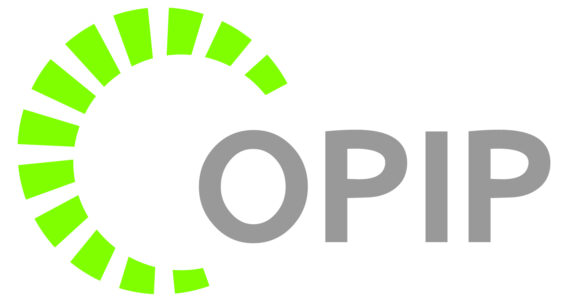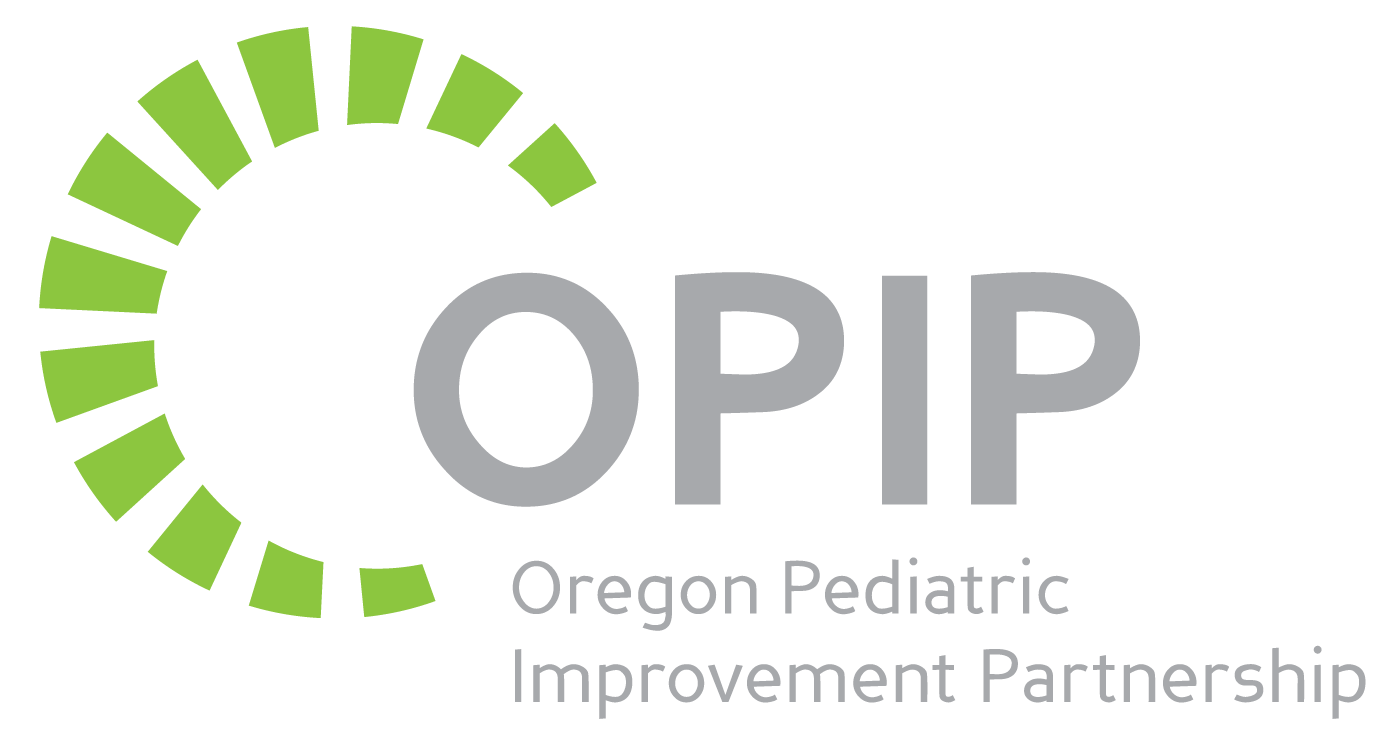PAST PROJECT
Background:
- In 2019, the Health Aspects of Kindergarten Readiness work group, convened by OHA and the Children’s Institute, recommended a multi-measurement strategy that included metrics addressing the three domains of care that Coordinated Care Organizations (CCO) receive a global budget for, in order to ensure a network of services for their Medicaid members: physical, oral, and behavioral health care. Metrics related to well-child visits for children ages 3-6 (physical care) and preventive oral services for children ages 1-5 (oral care) have been included in the CCO Incentive Metric set since 2020.
- Social-emotional health is the developing capacity of a child to form close and secure relationships with their primary caregivers and other adults and peers; to experience, manage, and express a full range of emotions; and to explore the environment and learn, all in the context of family, community, and culture.
- The System-Level Social-Emotional Health Metric was in the Coordinated Care Organizations (CCO) Incentive Metric set from 2022 through this year (2024). The Oregon Pediatric Improvement Partnership (OPIP), in collaboration with the Children’s Institute (CI), led the development of the System-Level Social-Emotional Health Metric. This system-level metric focused on driving improvements in CCO-covered social-emotional services for children from birth to age five and their families, with the ultimate goal of achieving equitable access to services that support social-emotional health and are the best match for their needs.
- OPIP developed the components of the System-Level Metric based on over a decade of community-based work using evidence-aligned strategies shown to improve the quality of services provided. This included leading collective impact efforts with community partners, supporting quality improvement efforts with primary care practices, and working with CCOs on their policy and payment strategies that could enhance the quality of services provided to young children.
Technical Assistance & Consultation
Some Coordinated Care Organizations (Health Share of Oregon, Umpqua Health Alliance, AllCare) contracted with OPIP to provide technical assistance and consultation on how to meaningfully conduct activities aligned with the intent of the metric to provide consultation support on how to assess their network adequacy and policy and payment strategies to enhance network adequacy, and to provide trainings on best practices.
Examples of work supported by these contracts include:
Health Share of Oregon (HSO)
- HSO contracted with OPIP via two contracts to support their efforts aligned with this metric. This consultation contract included the following
- OPIP provided targeted consultation and technical assistance (TA) to Health Share of Oregon (HSO) and the Social Emotional Health (SEH) Metric Steering Committee that focused on:
- Asset Map Presentation to Inform Best Match Referral and Care Coordination: OPIP provided feedback and targeted recommendations on how to utilize the asset mapping from the System-Level Social-Emotional Health metric and then create clinician-facing materials to support a shared understanding of Specialty Behavioral Health resources that are available within the region.
- Network Adequacy: OPIP provided consultation to Health Share and affiliated health plans on identifying and addressing gaps in behavioral health network adequacy, particularly for children birth to five. Support focused on strategies that HSO and their health plan partners can take to address priority gaps in network adequacy and policy and payment strategies that would enhance this workforce.
- Payment & Sustainability: OPIP developed and delivered recommendations to HSO and the health plans within HSO on strategies to enhance and sustain EPSDT/Bright Futures services. This included guidance on value-based payment models (VBPs), incentive structures, and approaches to support issue-focused interventions within primary care and behavioral health.
- Developed and implemented a multi-year Learning Collaborative for Integrated Behavioral Health to enhance their ability to provide assessment and intervention services for young children.
- Developed and implemented trainings for Primary Care Providers to enhance their provision of recommended social-emotional services and to engage and connect families to issue-focused interventions.
Umpqua Health Alliance (UHA)
OPIP provided consultation to UHA to understand the purpose and intent of the components of the System-Level Social-Emotional Metric and then provided detailed implementation support anchored to OPIP’s understanding of the community of primary care, behavioral health, and early learning providers in Douglas County.
Highlights of supports OPIP provided to UHA included:
- Collaboration and support in convening a community-level meeting to guide and inform their Action Plan development. This included development of community and clinician-facing materials based on the asset maps created and social-emotional reach metric data. This also included interviews and engagement with clinical partners, parents of young children enrolled in the CCO that needed services, and early learning partners.
- Then, following the community level meeting, OPIP provided consultation to UHA on implementation strategies that would align with community level feedback and with OPIP’s past improvement efforts that yielded enhanced provision of services. This included policy, payment, and training strategies.

